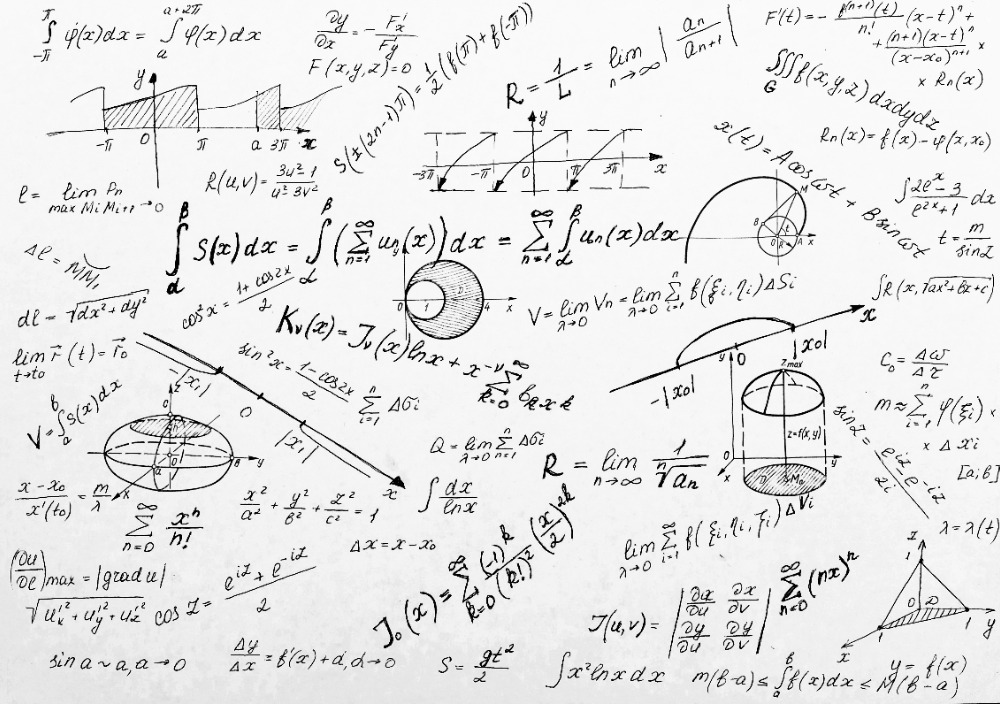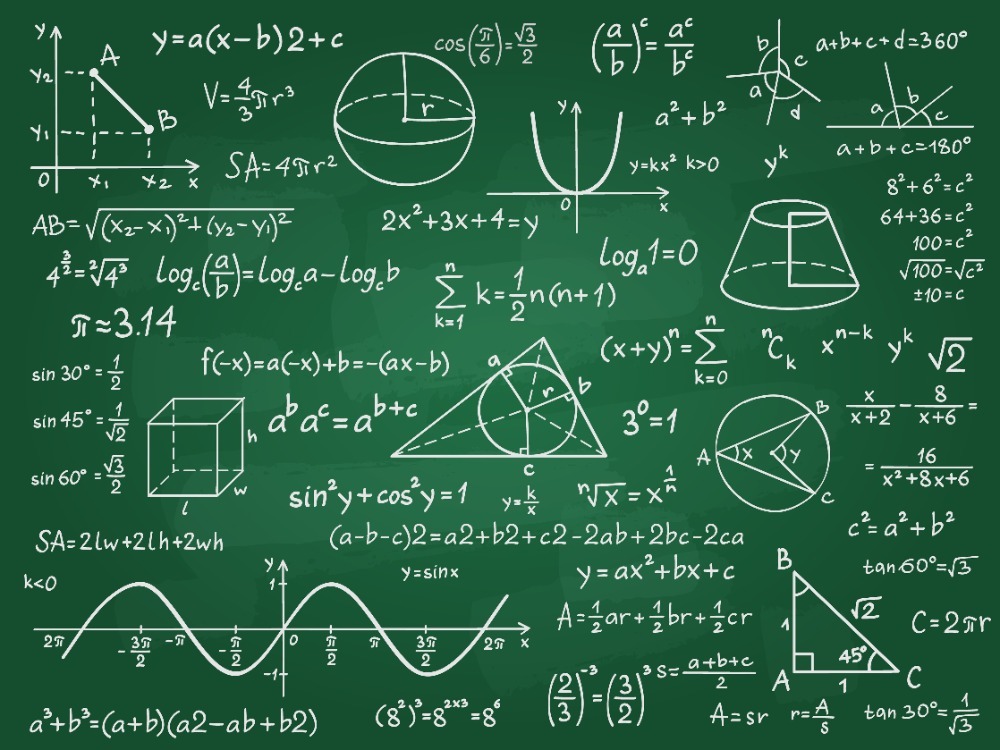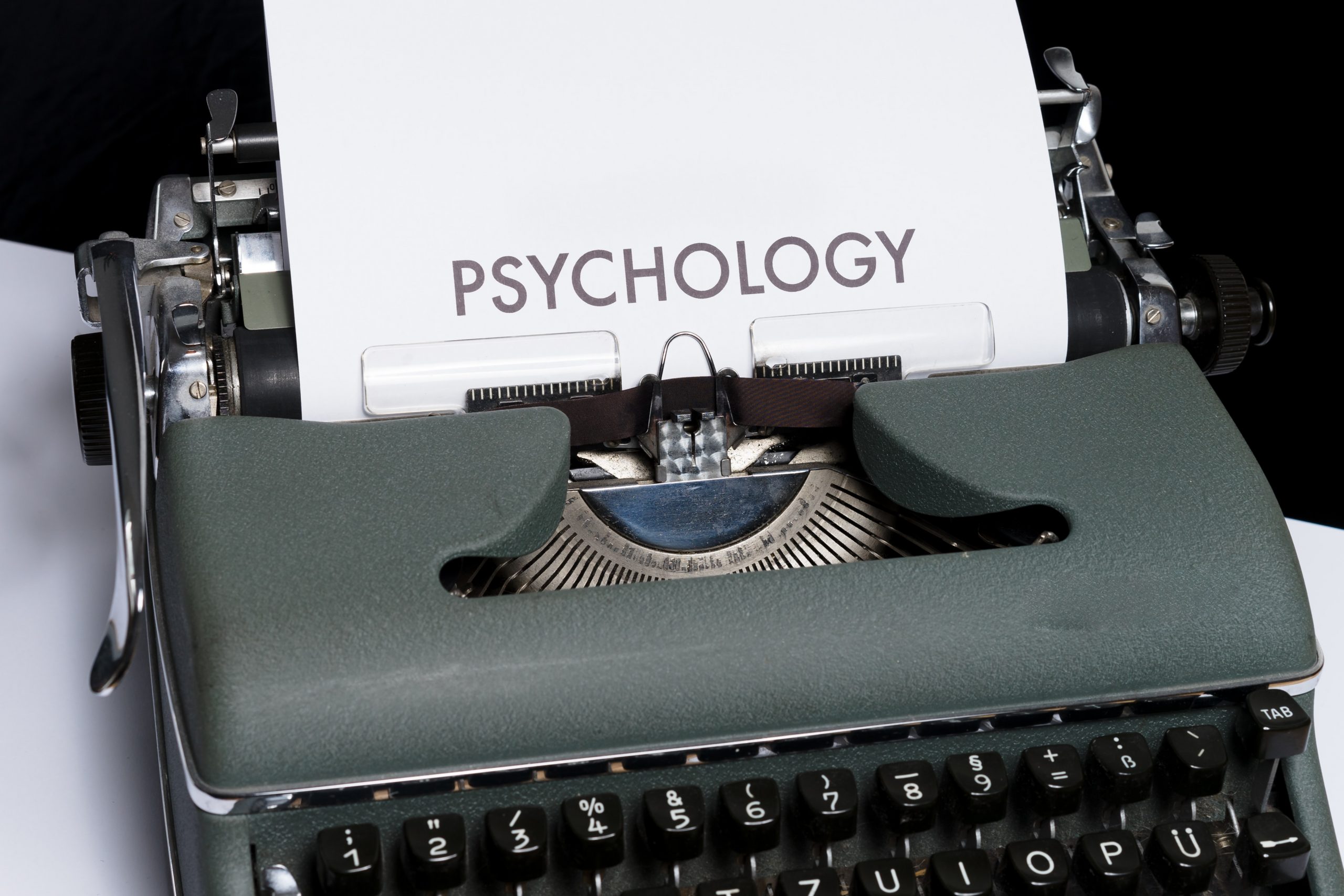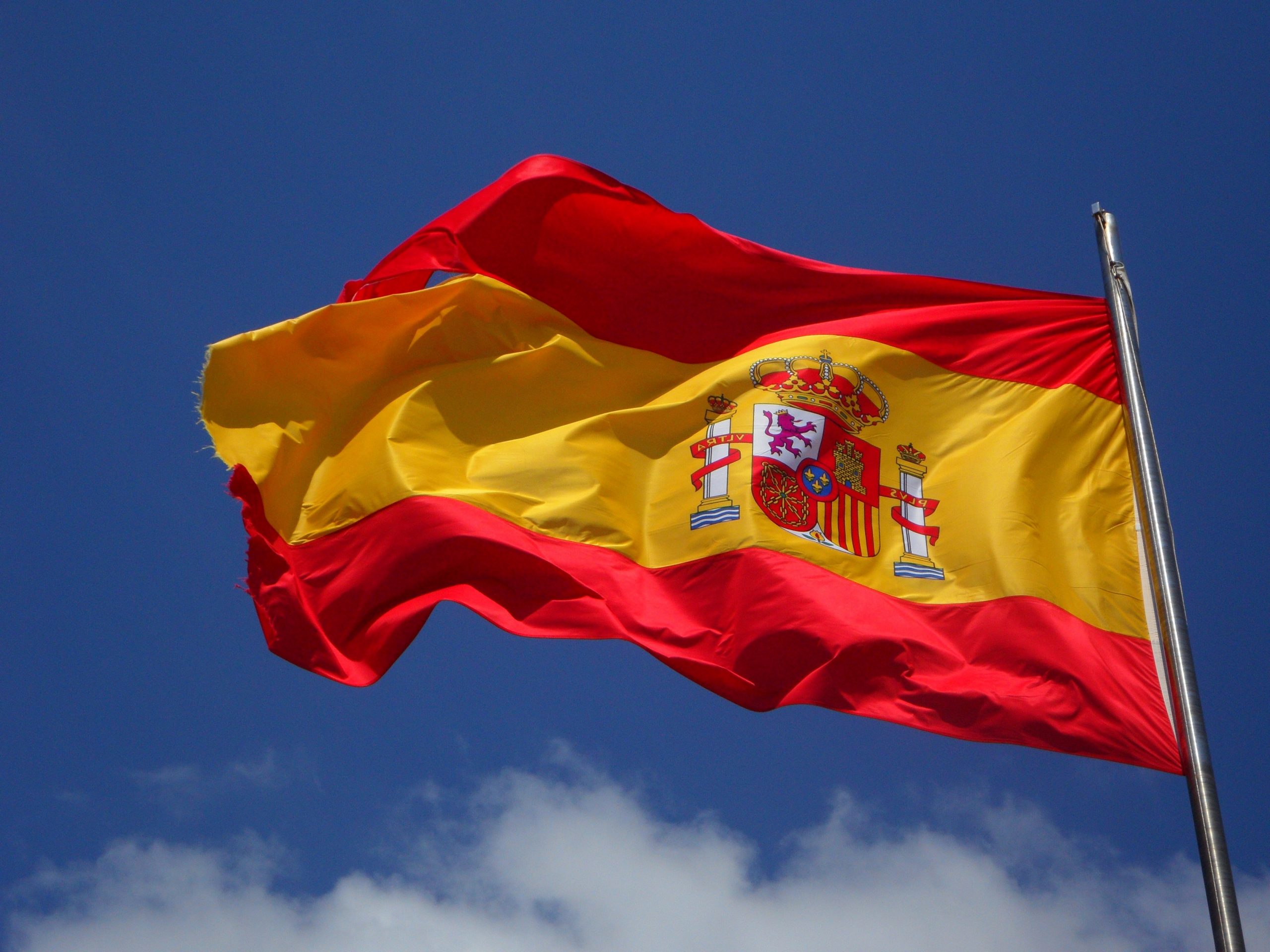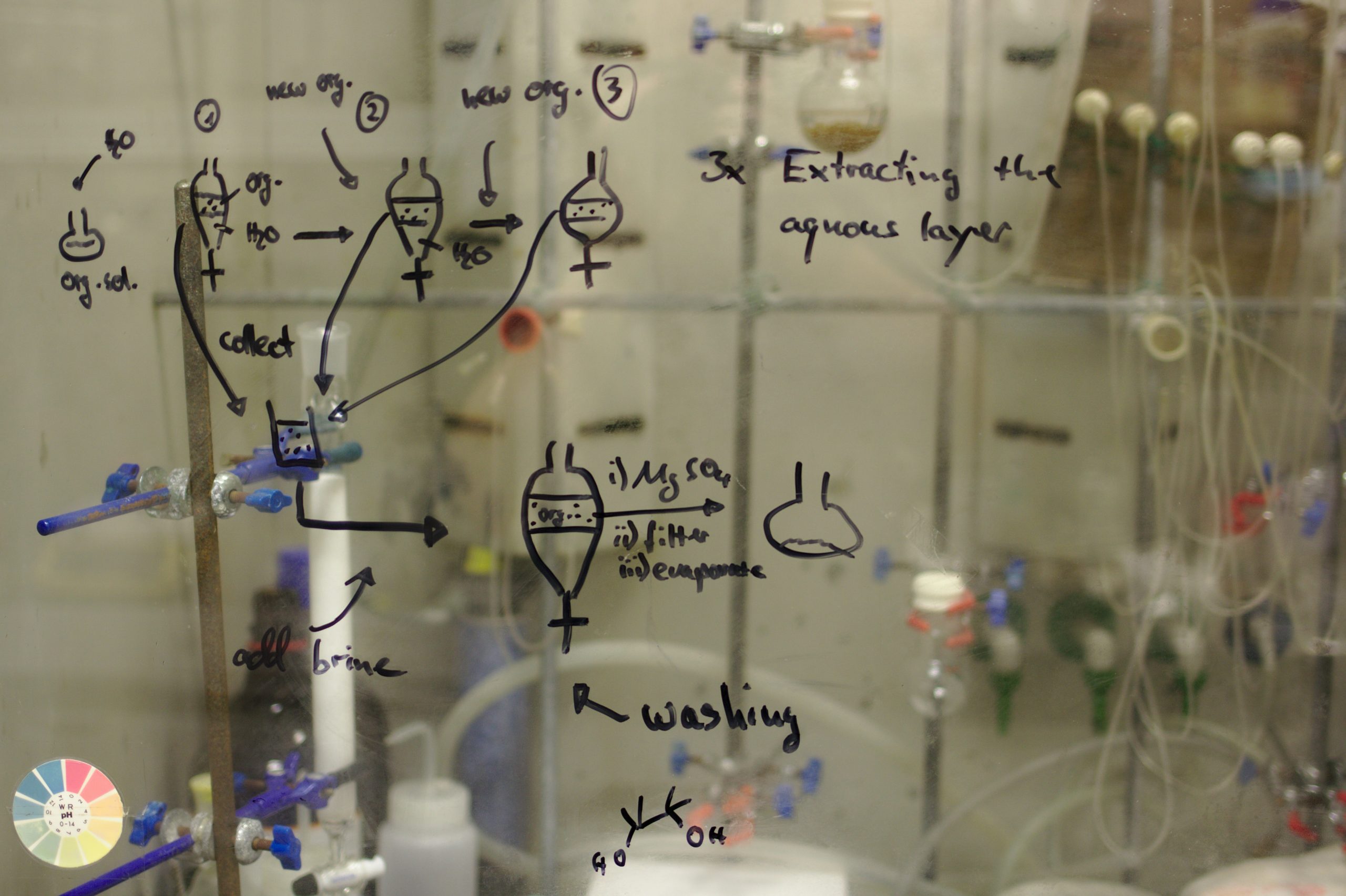Designed for
Students who are interested in European History
Level
All levels
Class format
One-on-one and small group (Max. 7 students/class)
Class Introduction
This course will delve into the history of Western society, starting from the peak of Ancient Greece and ending in the mid-sixteenth century. We will explore the emergence of the first civilizations in and around Europe, as well as the evolution of these societies into what we know as Western society today. We will study the impact of Greece and Rome, including their expansion of empires, the origins and effects of their ideas, and the reasons for their eventual collapse. Additionally, we will investigate how people and societies functioned during the Middle Ages, the development of different cultures and their values, and the interactions between cultures. Furthermore, we will look at how Europe re-emerged during the Renaissance and the subsequent split caused by the Reformation.
Outcome
After completing the course, students are expected to reach the following goals:
- Learn to cite textual evidence to support your analysis, and pay attention to information such as the date and source of information
- Learn to determine the central idea of both primary and secondary sources; learn to summarize key information about historical events
- Gain ability to analyze historical events in detail; sequence and determine the cause and effect relationships between historical events
- Combine quantitative or technical analysis (i.e. charts, research data) in printed or digital text with qualitative analysis
- Participate in discussions about various historical events and be able to create presentations on selected topics
Feedback
Students and their parents will receive brief feedback after each class regarding the student’s general participation in class. Students will also receive feedback on graded assignments via email. At the end of the course, the student will receive a final report card, which thoroughly speaks to their overall participation in the course, including major assignments.



